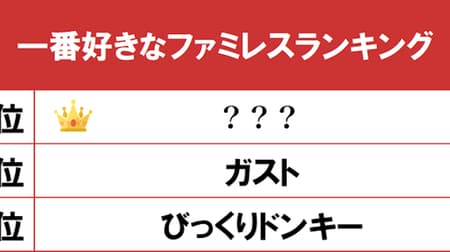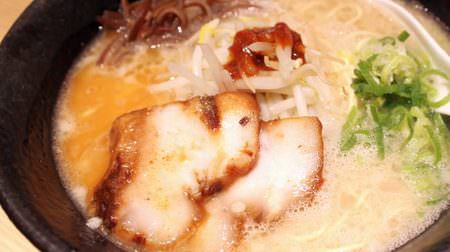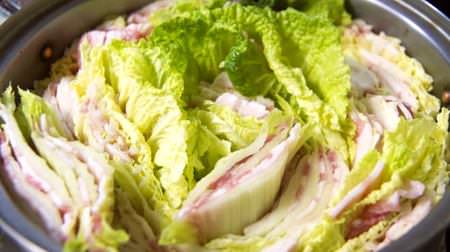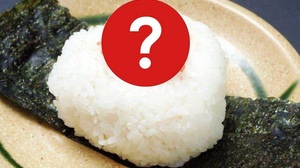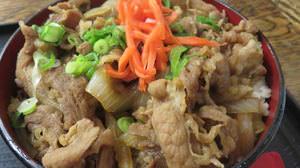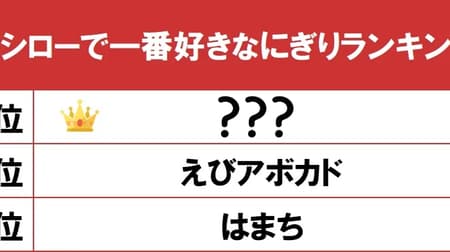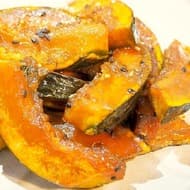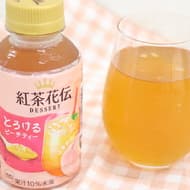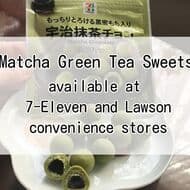In this connection, Takii Seed Corporation conducted a questionnaire survey of foreigners living in Japan in their 20s to 70s, asking them about "what is great about Japanese food" and "what they dislike about Japanese food. The results were exquisitely interesting, so here they are!
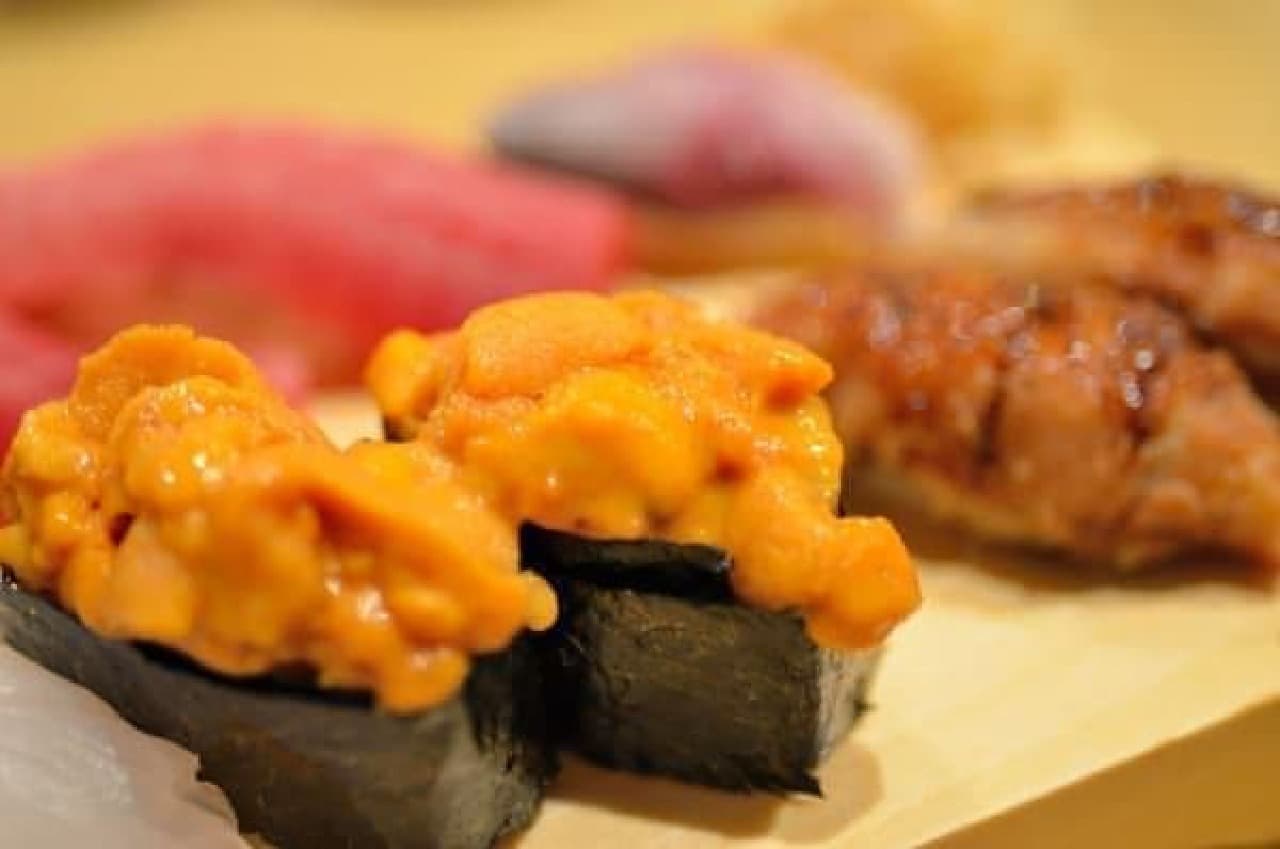
The image of Japanese food is "fresh" and "healthy.
When asked about the "wonderful things about Japanese food," the top response was " fresh ingredients" (77.7% ), followed by "beautiful presentation" (63.4%), "low calorie and healthy" (58.0%), and "balanced nutrition and healthy" (58.0%).
It appears that the wisdom and skill of Japanese food, such as its freshness, visual beauty, and health-conscious preparation, are particularly highly valued.
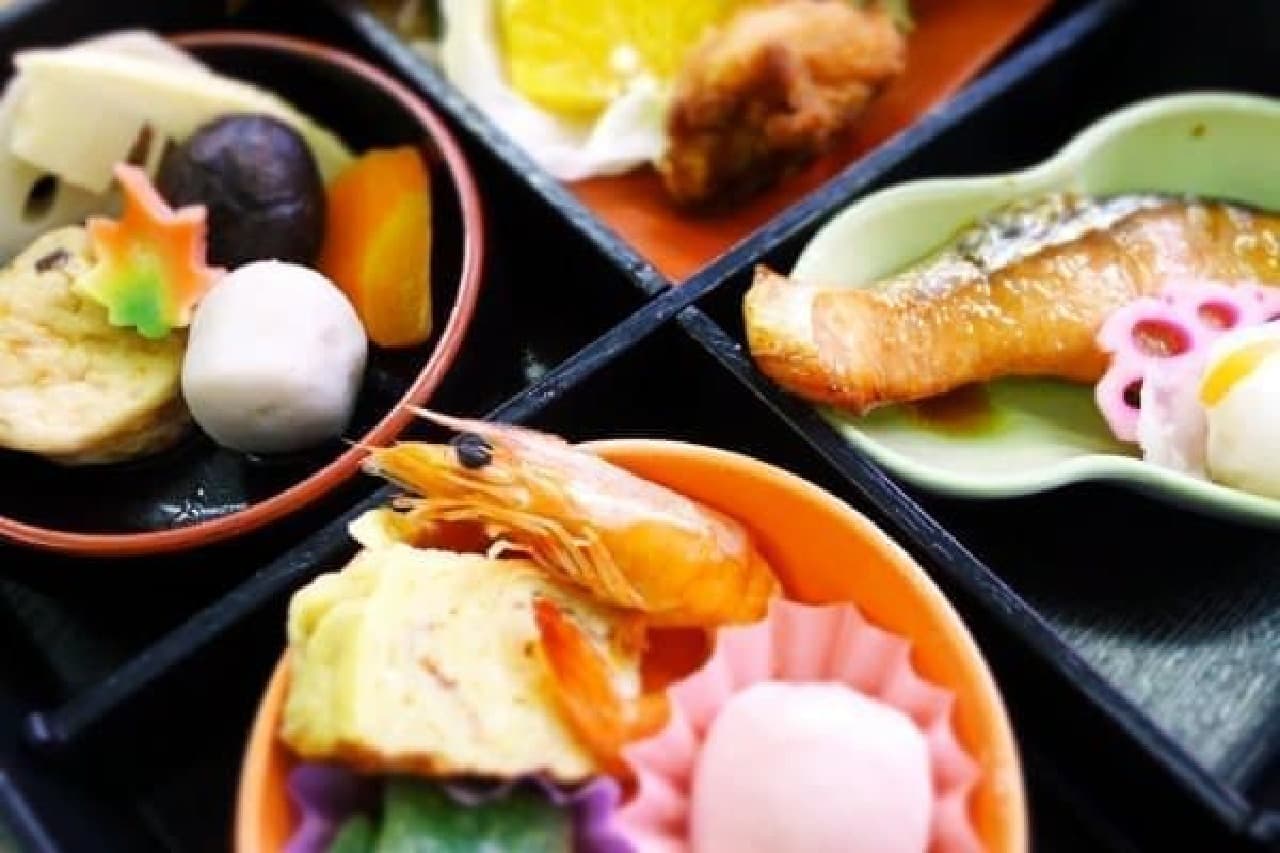
When asked about the number of times they eat Japanese food in a week (21 meals in total), the average was 10.9 times, indicating that they eat Japanese food more than half a week. This may be due in part to the "go with the flow" mentality of foreigners, but it may also be due to the "healthy" image of Japanese food that makes it easy for them to incorporate Japanese food into their daily lives.
Ramen, not sushi, is the No. 1 Japanese food recommended by foreigners.
When asked what Japanese food they would recommend to people in their own country, the results were surprising.
Ramen (76.8%) came in at an impressive No. 1, beating out sushi, tempura, and shabu-shabu, which are easily imagined as representative of Japanese food. Sushi and sashimi (73.2%), tempura (67.0%), okonomiyaki (60.7%), and curry rice (56.3%) followed, with shabu-shabu (53.6%) in sixth place.
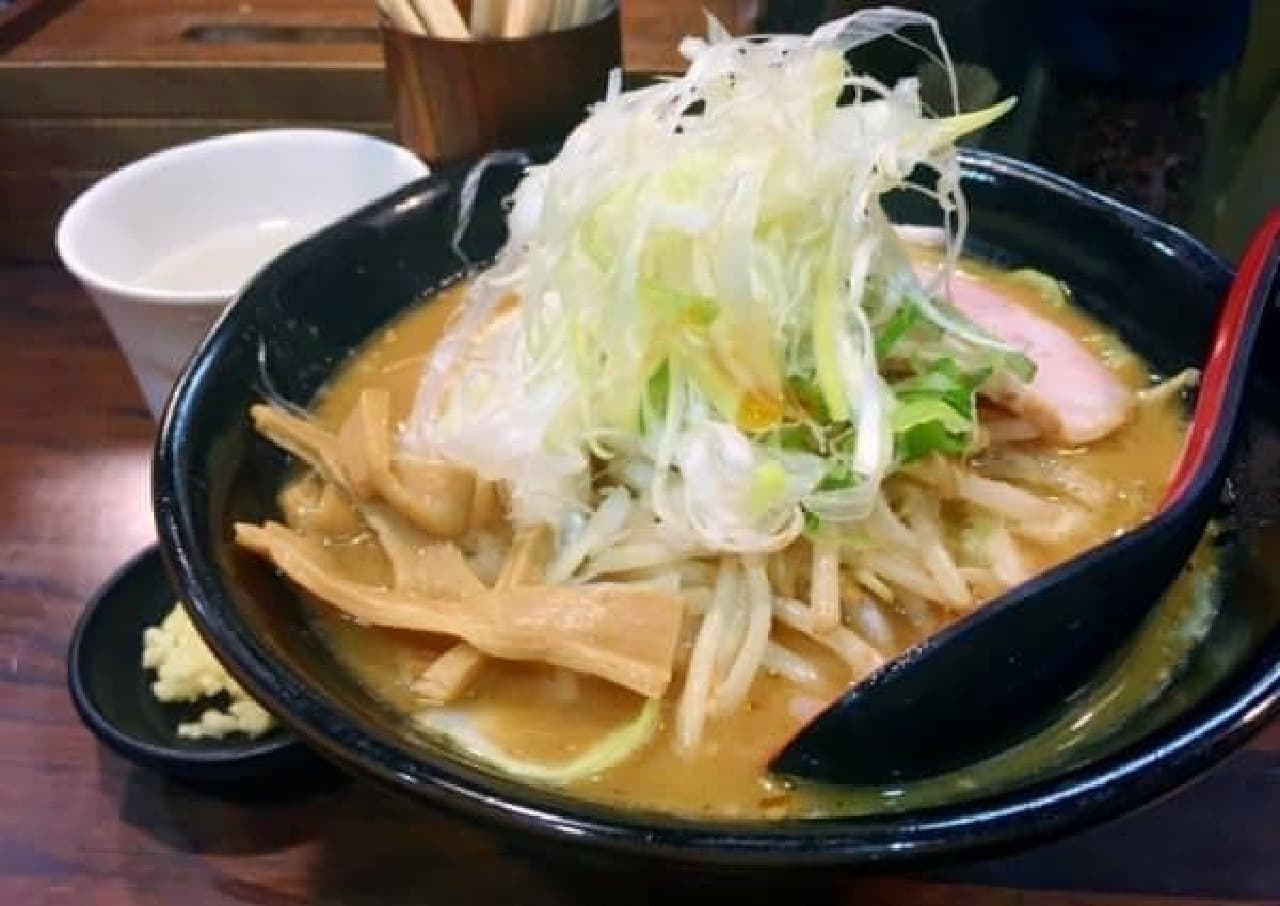
Miso soup (53.6%) and rice balls (51.8%) came in seventh and ninth, respectively. Both of these dishes are simple, but they are still "soul food" for Japanese people. I, too, have made up my mind that I will definitely have white rice and miso soup for my last supper.
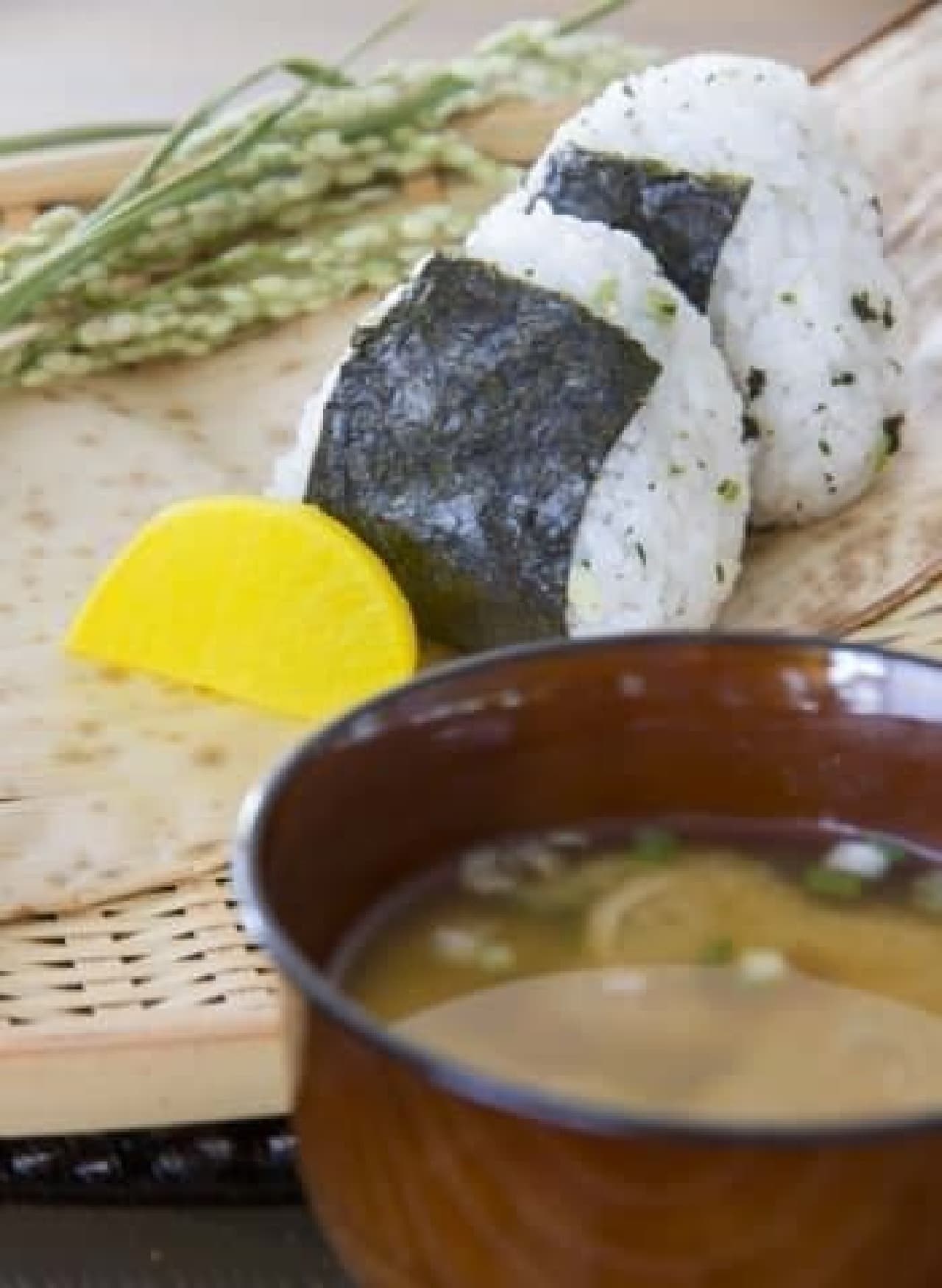
By the way, I had an image that "Japanese food familiar to foreigners = sukiyaki," but sukiyaki was not on the list...was my guess correct?
Are fermented foods the "hated" food?
On the other hand, when asked about "Japanese foods they dislike," many respondents chose fermented foods such as natto (fermented soybeans) and tsukemono (pickles). Sushi and sashimi," and "raw eggs," which also ranked high on the list of recommended Japanese foods, were also ranked high, indicating that some people are not comfortable with the "raw food" culture.
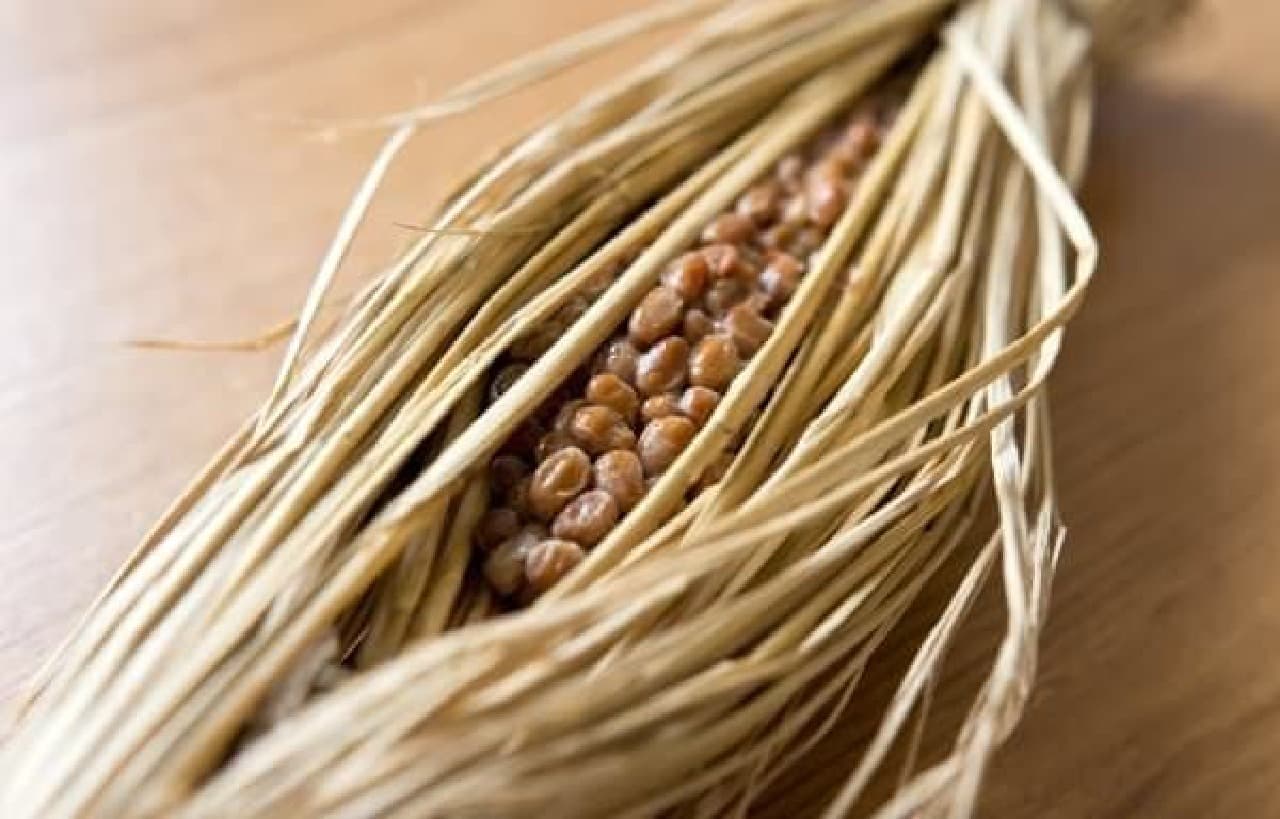
Favorite vegetables are "sweet" ones
When asked about vegetables they enjoyed eating in Japan, sweet potatoes (63.4%) came in at the top of the list. Tomatoes (58.9%) and pumpkins (50.0%) followed.
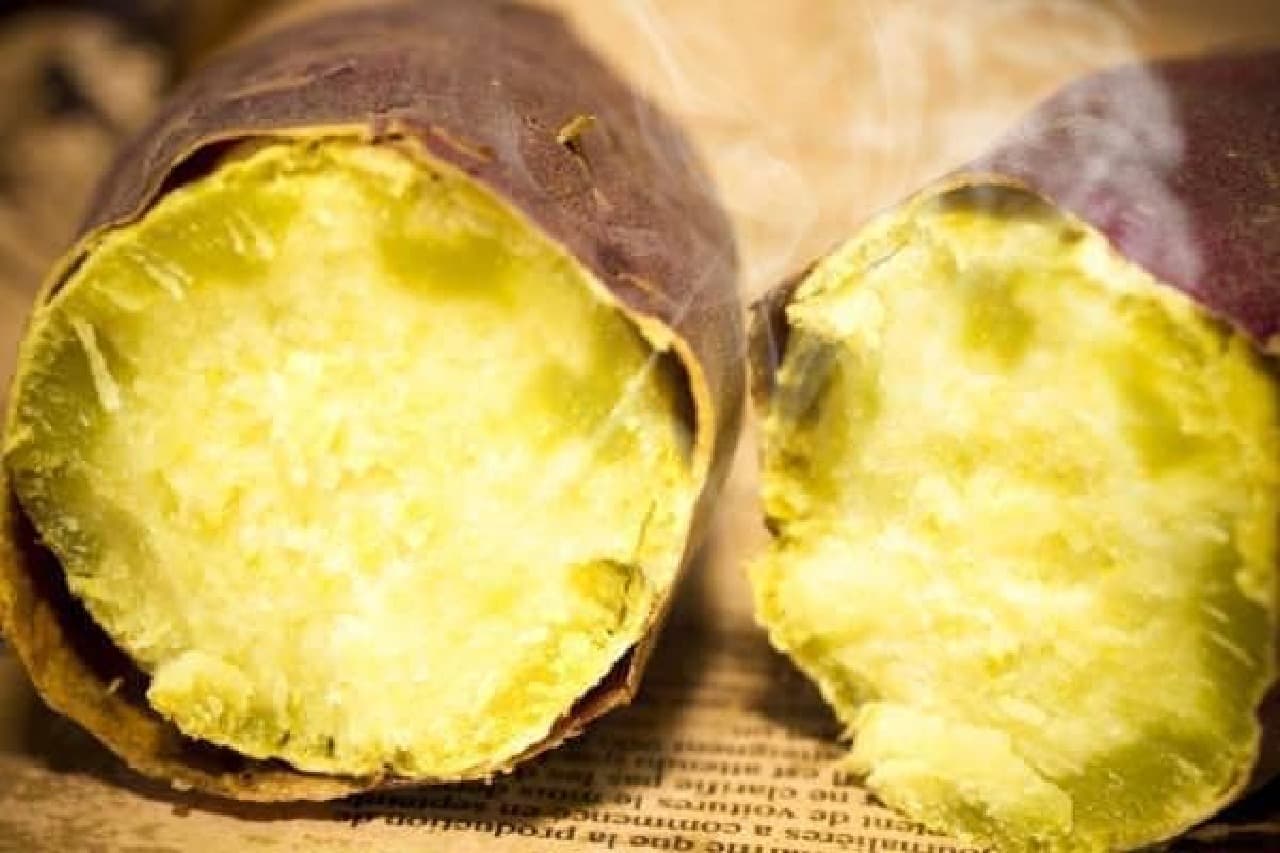
The main reasons given for sweet potatoes were "Because they are fresh," "Because they have a uniquely Japanese taste," and "Because they have a beautiful color," while tomatoes were "Because they are fresh," "Because they are sweet," and "Because they are fresh," and pumpkins were "Because they are rich in nutrition," "Because they are fresh," and "Because they are safe. Freshness and safety may depend on the individual, but I am sure everyone liked the fresh and tasty vegetables they tasted when they came to Japan!
Incidentally, when asked about their "favorite food using Japanese vegetables," the top answer was "salad," followed by "curry and rice" and "okonomiyaki. It seems that they prefer to eat vegetables without heating them, and instead let the flavors of the ingredients themselves shine through.
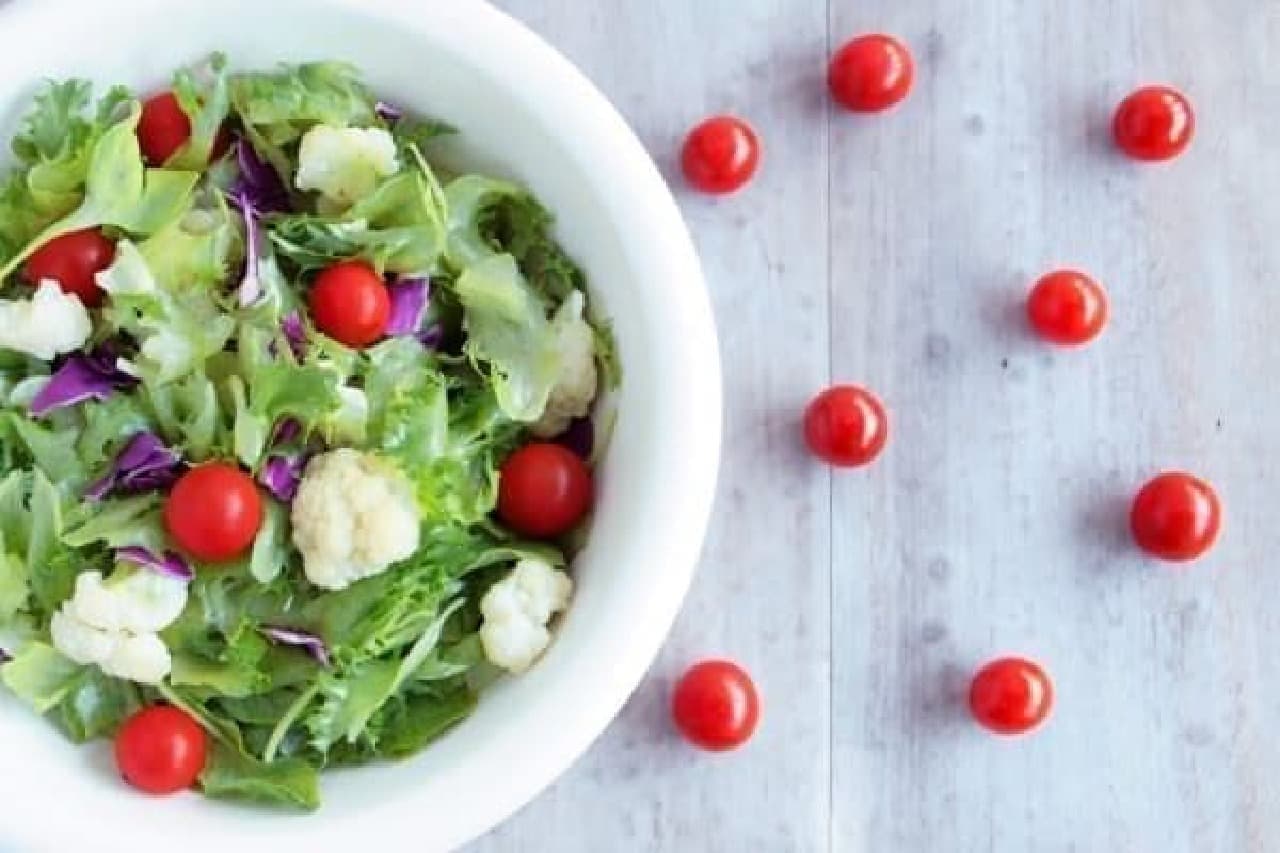
What did you think? Some of the results were as you might expect, while others may have surprised you. We hope that through the eyes of foreigners, we were able to recognize once again the appeal of Japanese food, which we take for granted in our daily lives!
